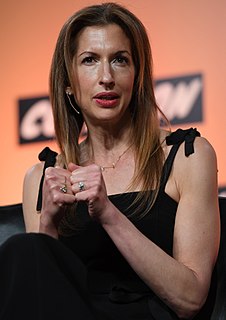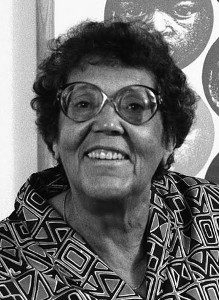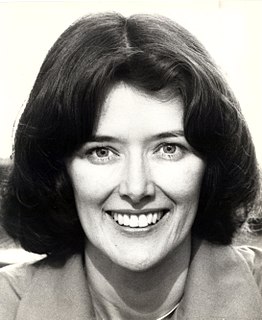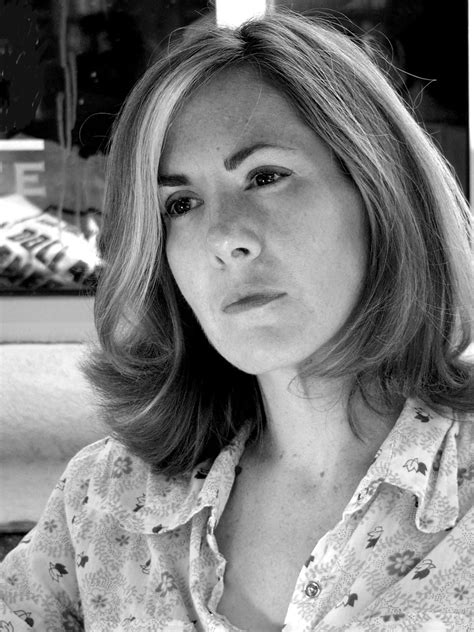A Quote by Madeline Brewer
A lot of the best of what's come from working on 'Orange Is the New Black' is working with the Women's Prison Association and kind of getting to see firsthand what they do for incarcerated women.
Related Quotes
We can see, from California to New York, from Maine to Florida, Seattle to New Mexico - everywhere there are women's groups. Everywhere there are women who have gotten together to examine global warming, and women who have gotten together to prepare each other for single parenting - there are women who have come together to be supportive to those whose mates are in prison, male or female, partners are in prison. All sorts of gatherings of women. I mean, I'm just celebrating my 80th year on this planet, and I look back 50 years ago and there was nothing like that.
I specially want to have young women not to wait as I did until my children were grown, but young women to come in to gain their seniority so they could be respected leaders at a much earlier age. It's important for all women to see young women who share their experience whether it's as a working mom with young children, who understands the struggle and the aspirations of young women in a similar situation. And if they don't have family and they're pursuing their career women should see that as well.
Black women must help black men understand their full potential lies not in denying black women full access to their humanity and opportunity, but in working diligently to overcome the odds that hamper our progress. Yes, some of that is self-imposed, and we must confront it; and much of it comes from outside. But without courageous and brilliant black women, our communities are greatly diminished.
I come from gender-balanced workplaces. I started off working in medicine, and when I went through med school, it's 50/50 men and women. And when I started working as a doctor, it's 50/50 men and women. So I've always been very accustomed to women occupying pivotal roles in the professional environment.
Since I have escaped the harshness of the economic bounds of poverty, I have stayed very connected to it spiritually. I reside and live and go and socialize and exist among those who suffer daily from the relationship that they have to poverty, Black men and women who are incarcerated. Actually, all people who are incarcerated, not just Black.
When you talk to women who were working as print journalists or in broadcasting in the '50s, and then you talk to women who were working in the late '60s, there's an enormous difference. There had already been a huge transition. Then, of course, you get well into the '70s and there were women with children working.
Don't buy society’s definition of success. Because it’s not working for anyone. It’s not working for women, it's not working for men, it's not working for polar bears, it's not working for the cicadas that are apparently about to emerge and swarm us. It’s only truly working for those who make pharmaceuticals for stress, sleeplessness and high blood pressure.




































